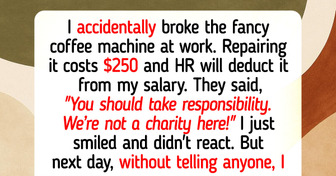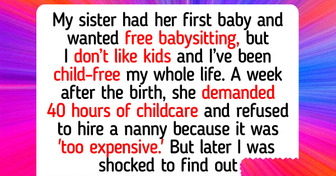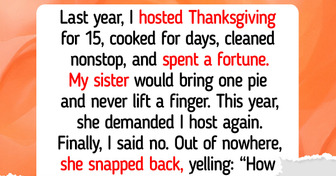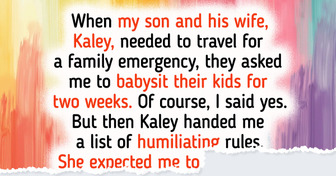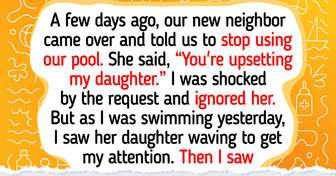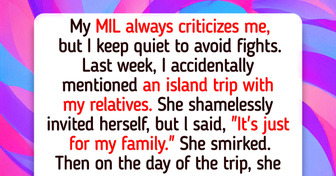12 True Stories That Get Creepier and Creepier

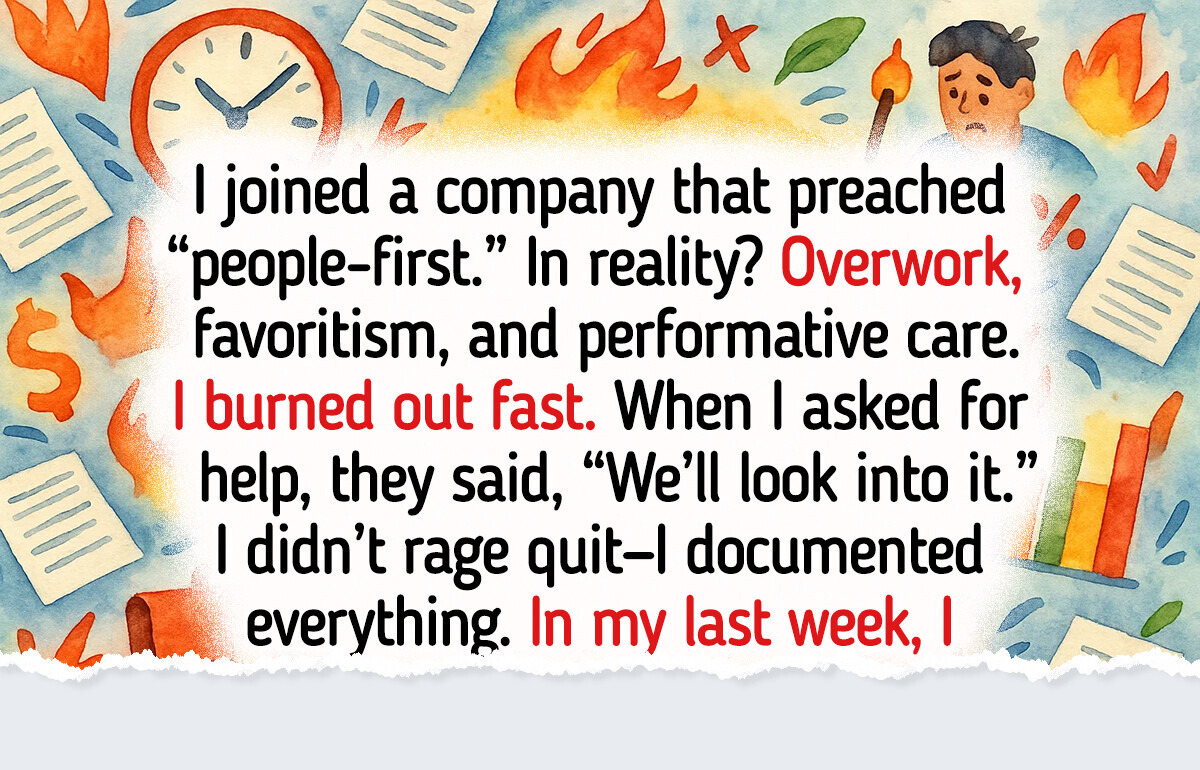
We recently heard from a reader who wanted to share her story — one that many burned-out professionals will recognize all too well. On the surface, she landed her dream job: one full of feel-good slogans, “people-first” promises. But behind the branding was a different reality.

"When I got hired, I genuinely thought I’d found my dream job. The company talked a big game—"growth mindset," “open feedback culture,” “people-first values.” They gave us swag bags, sent inspirational newsletters, and even had a “Chief Happiness Officer.” It looked perfect.
It wasn’t.
In reality, feedback only flowed one way—down. Work-life balance meant answering emails at 10 p.m. “Flexible hours” just meant you were on-call 24/7. Managers had favorites, and actual performance took a back seat to who could talk the loudest in meetings.
I gave it my all. I volunteered for extra projects, trained new hires, and hit every goal. But I started burning out, fast. When I asked for help, I got a smile and a vague “We’ll look into that.”
Then came the breaking point: I got passed over for a promotion in favor of someone who literally copied slides I made and presented them as their own. Management praised their “initiative.” That’s when I knew—this place didn’t value people. Just appearances.
I didn’t rage quit. I documented everything. In my last week, I wrote a calm, clear internal letter about the gap between the company’s image and reality. No finger-pointing, just truth.
After I left, a few coworkers quietly reached out to say thank you.
That company still posts motivational quotes. But now I’m at a place where I’m respected for what I do, not how well I play politics.
And honestly? That’s all I ever wanted."

Toxic work environments are more common than many people realize — and the impact they have on mental health can be severe.
One employee, who asked to remain anonymous, shared how a once-promising role quickly became emotionally draining after a shift in leadership. The new manager consistently singled her out with harsh, non-constructive feedback, targeted long-term employees, and created a culture of fear and self-doubt. What had once been a thriving career turned into a daily psychological struggle.
Toxic workplaces often present with signs like micromanagement, favoritism, poor communication, and unaddressed bullying or gaslighting — behaviors that can deeply affect an employee’s self-esteem, concentration, and overall well-being. In this case, the employee reported worsening symptoms of anxiety and depression, disrupted sleep, constant fatigue, and growing feelings of hopelessness.

According to the American Psychological Association, nearly 1 in 5 workers report working in a toxic environment. These are spaces where chronic stress, fear-based management, and emotional manipulation are often the norm — not the exception.
If you’re in a toxic workplace, here’s what mental health experts recommend:
Recognize the warning signs: anxiety, burnout, chronic stress, low self-esteem, or physical illness.
Document what’s happening: keep detailed records of toxic interactions and patterns.
Set and enforce boundaries: especially around work hours and emotional labor.
Seek professional support: a therapist can help you process your experience and plan next steps.
Plan your exit if needed: it may be the healthiest option. No job is worth sacrificing your emotional and physical well-being.
You deserve a workplace that respects your humanity — not one that demands your silence in exchange for a paycheck.
You have the right to feel safe, respected, and valued at work — and if your workplace can’t offer that, it’s not you who needs to change, it’s where you are.

